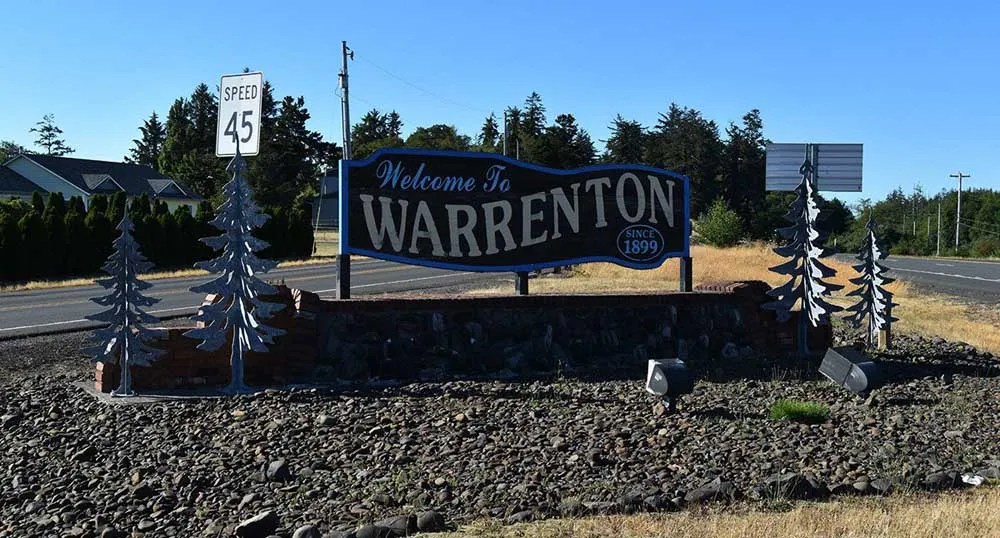Warrenton looks to legislature for treatment plant funding
Published 3:00 pm Wednesday, March 5, 2025
WARRENTON — Officials are asking the state Legislature for $8 million to help fund an improvement project at the city’s wastewater treatment plant — an undertaking they say is critical for supporting the housing needs of a growing population.
Trending
The project seeks to expand the city’s existing wastewater treatment infrastructure, which for years has hovered at capacity and has faced challenges with high bacteria concentrations in the summer and high flows in the winter.
Since 2018, City Manager Esther Moberg said, the city has fallen out of compliance with new Oregon Department of Environmental Quality regulations a handful of times. Although the issues haven’t been continuous, she said they’re still significant.
“It is concerning anytime you go out of that compliance, because it means you have not treated” the wastewater to the levels required by the state, Moberg said.
Trending
The estimated cost of the project is around $35 million. About $12.5 million of that will come from a 10-year, voter-approved bond set to begin in 2027. The city is also working on building up about $9 million in reserves.
If approved, Moberg said the $8 million ask to the legislature — in combination with a $2 million request at the federal level — will serve as a final piece to help put the city in a position to break ground in 2026 and begin construction for the project in 2027. She added that the city is relatively confident in its request to the state, especially when looking at the cost of Warrenton’s project compared with other wastewater treatment projects in the region.
“We think an $8 million ask for this is not outside of the question, especially when it is tied to getting more housing into our county,” Moberg said.
Moberg said the city’s population growth has exceeded expectations. According to the U.S. Census Bureau, the population increased by roughly 25% from 2010 to 2020. The city is around 20 years into its 30-year plan for the current treatment plant, but the facility is already at around 95% capacity.
One driver for the improvements is to support additional housing — a resource in high demand across the county. For the past several years, the city has been working with developers on plans for Fort Pointe, a proposed housing development on Ridge Road near Fort Stevens State Park that would bring 450 units to the area, including affordable and workforce housing.
The proposed development would include a mix of multifamily apartment complexes, duplexes and single-family homes — but to make that a reality, the city needs the infrastructure to support it. Moberg said the agreement is to begin with 120 units over the next three years, with the hope that the new treatment plant will be ready to support additional housing at the end of that time period.
Mayor Henry Balensifer added that the treatment plant is also critical for supporting other developments, like a potential school expansion.
The city is working through the design phase with Portland-based engineering firm Kennedy Jenks Consultants. The plan is to expand the plant with membrane bioreactors, a technology that relies on microfiltration rather than settling. Although a membrane system would take more energy than the city’s existing sequence batch reactor system, Moberg said she also believes it will be more efficient at treating the water.
“I’m looking to treat it better for now and the future, so that we’re not always playing catch-up, and by the time we build this and then we’re five or 10 years into it, it’s not like we’re already behind again,” Moberg said. “We need to do better, in my opinion.”
The city’s ask is a capital request to be considered by the Ways and Means Committee. At this point, Balensifer said the city is still waiting to see whether it will be added to a bill. In the meantime, officials are also looking at grants and loans as an alternative funding source.
“The wastewater treatment plant is a critical piece of infrastructure that the city is having to build sooner than we anticipated. And we are grateful, extremely grateful, to the residents allowing us to get a head start on that with that preauthorization of the bond,” Balensifer said.









